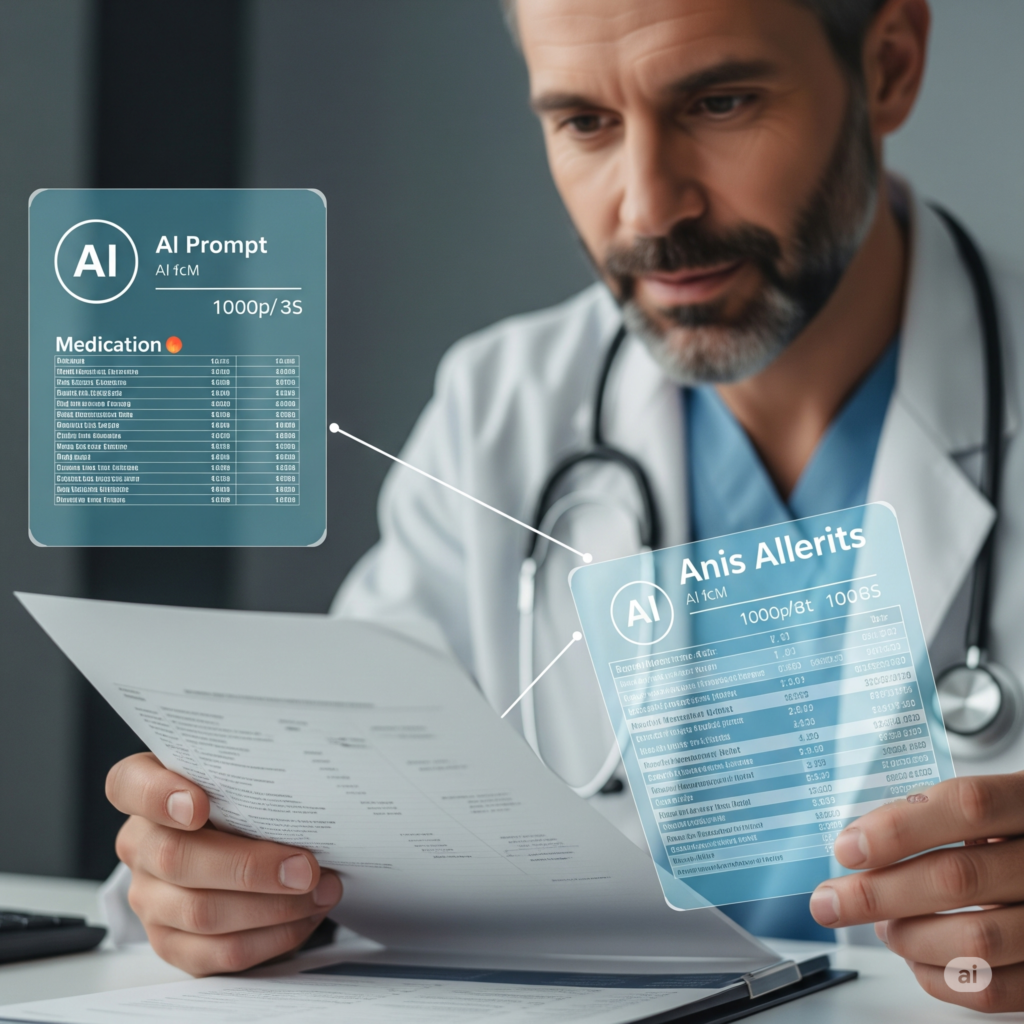The intersection of artificial intelligence and healthcare is rapidly expanding, promising not only efficiency but also new avenues for insight—especially in tough, unresolved diagnoses. One powerful illustration: ChatGPT, an AI chatbot, was able to identify a medication side effect that had eluded even top medical professionals, resulting in a patient’s recovery where prolonged clinical efforts had failed.
The Story: How AI Supplemented Clinical Care
Shreya’s mother endured a persistent cough for almost 18 months. Despite consulting specialists in some of the country’s best hospitals and undergoing exhaustive testing, no doctor could pinpoint the cause. Frustrated and exhausted by the lack of progress, Shreya turned to ChatGPT, detailing the timeline, symptoms, and her mother’s medical history.
What happened?
- ChatGPT analyzed the scenario and suggested that Shreya’s mother might be experiencing a side effect from her blood-pressure medication.
- With this new lead, the family approached their doctors, who reviewed the medication records and confirmed the AI’s suspicion.
- By changing her prescription, Shreya’s mother quickly recovered, ending a year-and-a-half ordeal.
Why Is This Significant?

The Power and Limits of AI in Diagnosis
- Pattern Recognition: AI models are trained on vast medical datasets, enabling them to recognize rare side effects, obscure symptoms, and connections that humans might overlook, especially in lengthy or complex cases.
- Fresh Perspective: As a neutral, data-driven tool, AI can revisit “closed” cases with no preconceptions, sometimes surfacing overlooked possibilities.
- Supplement—Not Substitute: The result was only life-changing after physicians validated and acted on the AI’s suggestion. The AI served as a secondary tool, not a standalone diagnostician.
- Collaboration, Not Competition: AI’s value is in supporting clinical teams—with ultimate decisions and monitoring remaining in the hands of trained professionals.
Caution and Considerations
- AI is not infallible: Language models like ChatGPT do not have access to actual medical records or personalized health data unless shared and can sometimes generate inaccurate or irrelevant suggestions.
- Doctors remain essential: Clinical experience, contextual understanding, and ethical responsibility are irreplaceable in healthcare.
- Ethics and Privacy: Sharing sensitive health data online should always be done carefully, using anonymized information whenever possible.
Key Takeaways—from ChatGPT’s Surprise Diagnosis
| Aspect | What Happened | Lesson for the Future |
|---|---|---|
| Symptom | Persistent cough, unresolved for 18 months | Seek second opinions for complex symptoms |
| Standard Care | Thorough clinical work-ups, no clear diagnosis | Human expertise is vital, but not perfect |
| AI Contribution | Suggested cough might be a drug side effect | AI can add a fresh, unbiased perspective |
| Final Resolution | Doctors reviewed, confirmed, and changed medication | Collaboration with AI can improve outcomes |
| Broader Message | Recovered only after both AI input and human confirmation | Use AI as a supplement, not a substitute |
Conclusion: A Smarter, Safer Future with AI and Medicine
This real-world example underscores a compelling truth: Artificial intelligence, when used ethically and collaboratively, can act as a crucial safety net in the medical process. By identifying what even experts may overlook, AI tools like ChatGPT can help break logjams in stubborn cases, especially when patients and clinicians approach technology as an ally.
Still, the story is a reminder—technology is best used as an enhancement, not a replacement. Human expertise, empathy, and judgment remain irreplaceable. The future of healthcare lies in a partnership: doctors and AI working together, every patient assured of the best possible chance at recovery.









+ There are no comments
Add yours